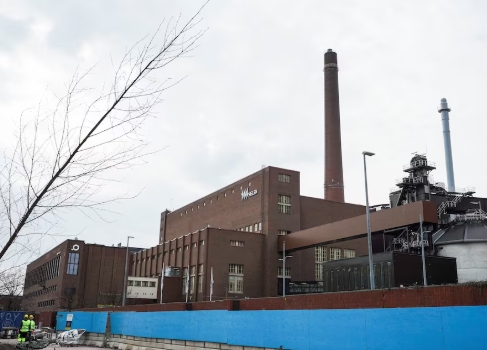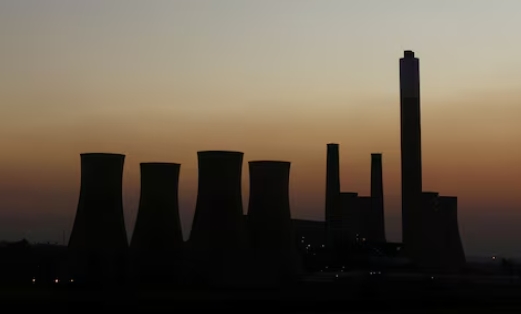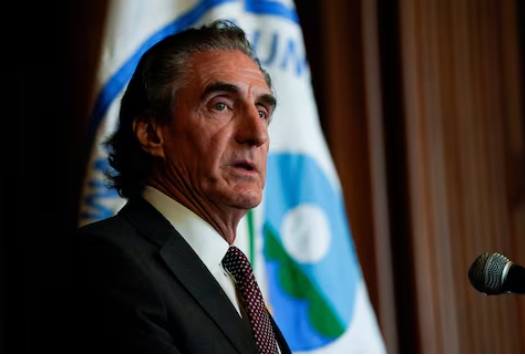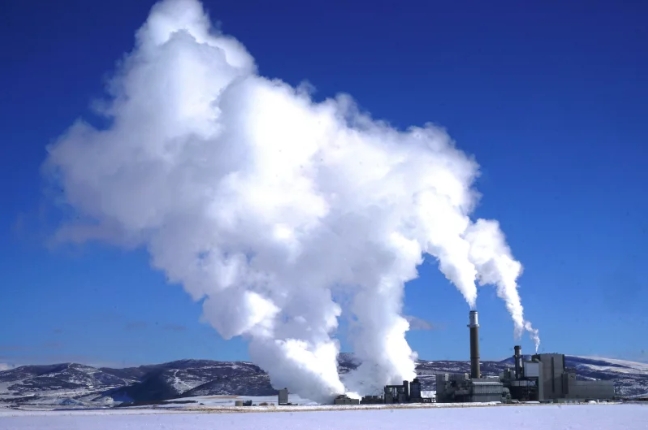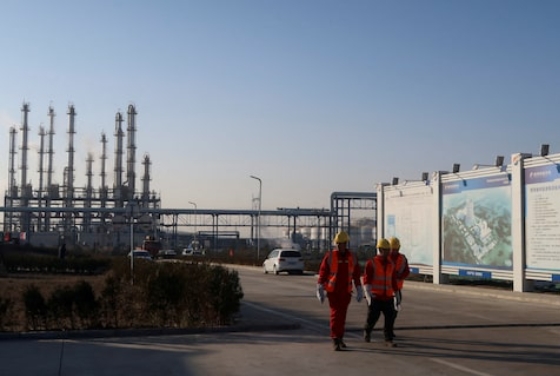Following constructive discussions with the Federal Government and in the context of the draft law on the phasing out of coal-fired power generation in Germany (‘coal exit’), Uniper wants to shut down about 1,500 megawatts of hard-coal capacity – three generating units at Scholven power station in Gelsenkirchen plus Wilhelmshaven power station – by year-end 2022. Uniper plans to shut down another 1,400 megawatts at Staudinger and Heyden power stations by 2025 at the latest. Through 2015, Uniper had already withdrawn just over 2,400 megawatts at Datteln, Scholven, Knepper, Veltheim, and Shamrock power stations. Altogether, these shutdowns will yield annual carbon savings of up to 18 million metric tons.
The last remaining coal-fired power plant in the Uniper portfolio in Germany will be the Datteln 4 power plant which is presently connected to the electricity grid undergoing final testing. It is one of the most modern coal power plants and part of Uniper’s strategy to reduce the company’s CO2 emissions. In the next 5 years, as a result of the voluntary planned shutdowns and the operation of Datteln 4 Uniper targets to further reduce its CO2 emissions by up to 40% whilst still maintaining security of supply to the customers and communities that it serves.
Uniper is developing forward-looking schemes for the power stations slated for closure. The schemes will be geared toward tomorrow’s energy world and offer long-term employment prospects. They include plans and considerations to build and operate new gas-fired combined-heat-and-power plants that produce district heating, to design innovative solutions for providing nearby industrial customers with steam, heat, cooling, and electricity, and to develop solutions that produce hydrogen on an industrial scale.
“Our objective is to make a proactive and constructive contribution to the achievement of carbon reduction targets and to the swift and sustainable phaseout of coal-fired power generation in Germany. We want to send a signal that the discussions of recent years have now led to action. With our voluntary, ambitious plan, we also want to contribute to increasing social acceptance of the ‘how’ of the coal phase-out in Germany. At the same time, we’re setting Uniper on a decisive course for the future: our actions will provide planning security to our employees at the facilities affected and give our company the financial and structural flexibility to focus on important, sustainable projects for the future,” said Andreas Schierenbeck, Uniper CEO.
Last January, the Commission on Growth, Structural Change, and Employment (Kommission Wachstum, Strukturwandel und Beschäftigung) presented its final report, which contains measures for implementing the coal phaseout in Germany. These included a proposal for the German federal government and Uniper to reach an agreement for Datteln 4 not to enter service in return for a compensation payment. The German federal government stated that it makes sense for the climate, the energy system and the country’s macroeconomy that one of the most technologically advanced, most efficient, and cleanest coal-fired power plants is operated as planned.
“Our announcements will end a long period of uncertainty for our employees who have watched this process unfold over the previous months. We will work with our affected colleagues, their workers councils and local authorities to ensure the best future for the affected sites and our employees. The announcements also mark a turning point for Uniper as we move towards a lower carbon future. I’m very confident that these announced changes will help propel and shape the transformation of the country’s energy system,” David Bryson, Uniper COO added.
